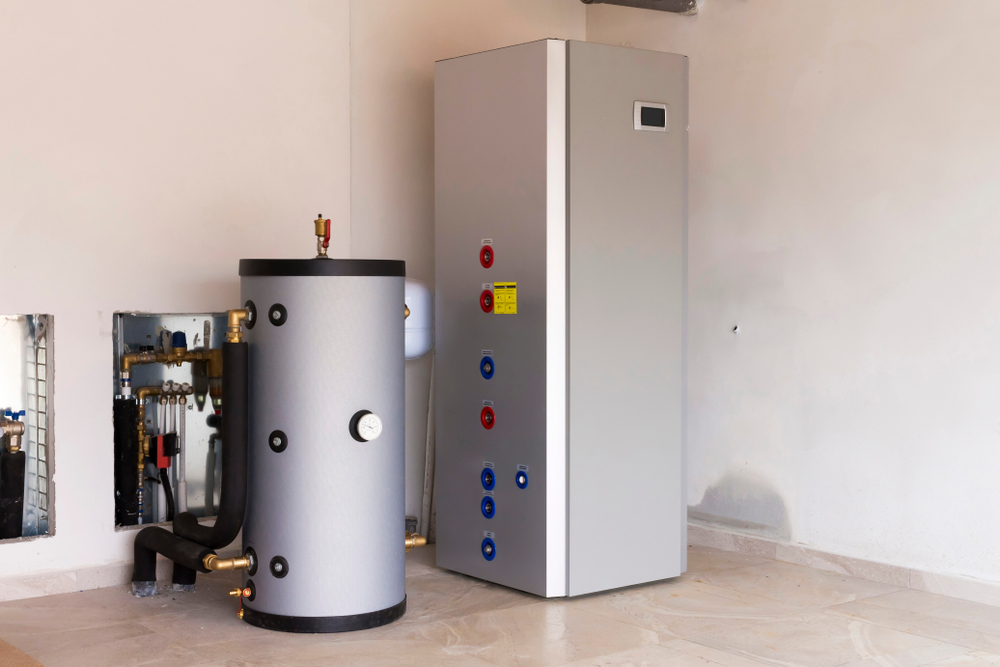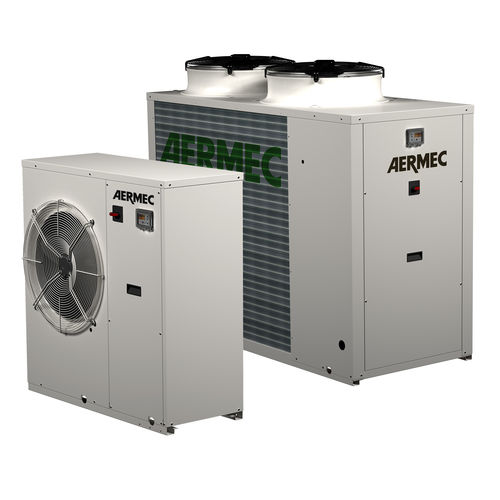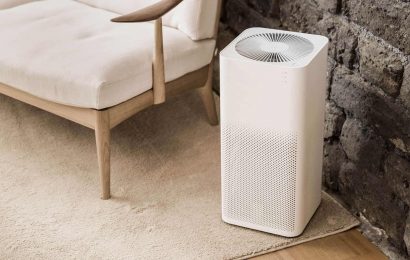When it comes to heating and cooling your home, you have a number of options available. Two of the most popular are Õhk-vesi soojuspumbad and geothermal heat pumps. Each option has its own advantages, so it is important to understand which one would be best for your particular situation before making a decision. This article will discuss the differences between air-water heat pumps and geothermal heat pumps and provide information to help you choose the right system for your needs.
What is an Air-Water Heat Pump?
Air-water heat pumps use two main components – an outdoor condenser unit and an indoor evaporator coil. The condenser pulls in outside air, extracts any heat energy contained within it, then transfers that energy to the refrigerant inside the system. The evaporator coil then distributes that warmed refrigerant throughout the home by blowing hot air through ducts or directly into rooms. In hotter weather, this process can also be reversed to cool a home.

Advantages of Air-Water Heat Pumps
One major advantage of using an air-water heat pump over other systems is their efficiency; they are very efficient at transferring energy from outside air into usable warmth inside a home. Additionally, because they don’t require underground piping like some geothermal systems do, installation costs may be lower with an air-water setup than a more complex geothermal system. Furthermore, these systems are ideal for homes located in moderate climates where temperatures don’t often dip too far below freezing or reach extreme highs during summer months.
Disadvantages of Air-Water Heat Pumps
The primary disadvantage of using an air-water system is that it does not perform as well in cold climates as some other types of heating systems such as furnaces or boilers due to their reliance on outside temperature conditions being relatively mild throughout winter months in order to work efficiently. Additionally, since they rely on outside air for their energy source (which can contain dust particles), these units may also need frequent filter changes depending on the environment in which they’re used which can add maintenance costs over time compared to other types of heating systems..
What is a Geothermal Heat Pump?
Geothermal heat pumps operate similarly to traditional HVAC systems but instead use earth’s natural thermal energy stored beneath ground level rather than relying on external sources like forced air or radiators powered by fossil fuels like gas or oil. These systems draw thermal energy out of the ground via special loops filled with water and/or antifreeze solution connected to both endpoints on either side – one loop placed underground near building foundations while another placed indoors connects them together – resulting in consistent temperatures between both sides no matter what season it is regardless if Earth’s surface temperature fluctuates drastically outdoors..

Advantages of Geothermal Heat Pumps
The biggest advantage of using geothermal heating & cooling over conventional methods is increased efficiency levels due to the lack of reliance on external sources such as forced hot/cold air coming from outside; instead these units utilize the thermal properties found naturally deep underground, meaning less overall power consumption when running regularly during peak seasons (i.e. winter). Also due to this same factor mentioned above, maintenance costs associated with repairs/maintenance tend to be lower in the long term as there are no moving parts needed upkeep, unlike traditional HVAC setups where fans need to be replaced often along with filters needing to be changed frequently depending on usage amounting to additional expenses over lifetime ownership period past the initial purchase price tag itself.
Disadvantages of ground source heat pumps
Despite numerous advantages described earlier listed here related to using geothermal heating & cooling solutions residential residences commercial buildings alike come number of drawbacks should be weighed before making big investment in such technology first foremost cost of installation setting up geoexchange loop field around property high upfront charge even though return savings payback period usually much shorter than alternative fuel based methods secondly loop fields occupy considerable real estate space hence must be researched thoroughly ensure enough land exist surrounding constructed structure accommodate such equipment size Lastly, environmental factors play a role longevity performance geoexchange loops themselves as soil quality composition of particular area directly affect how quickly these pipes degrade over time thereby reducing operational life overall if wrong type substance selected fill pipe network will begin to corrode prematurely leading to costly repair bills replace as soon as possible therefore purchasing correctly configured model essential to ensure maximum performance life expectancy.








